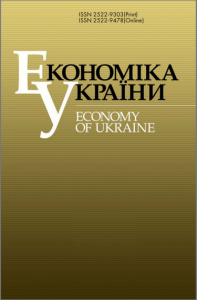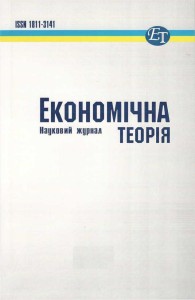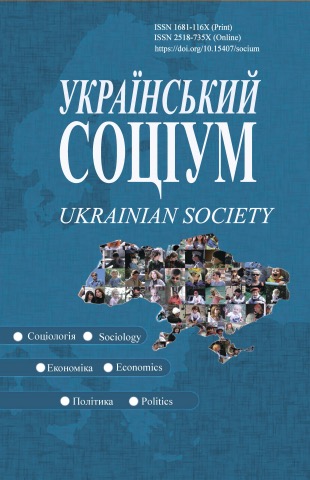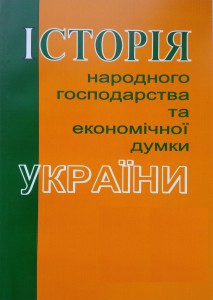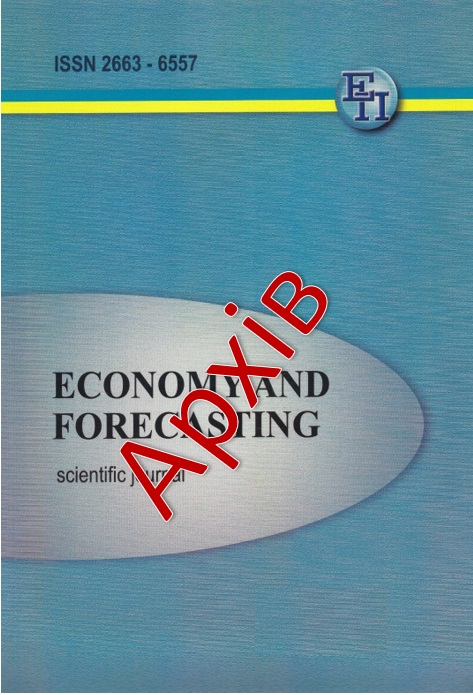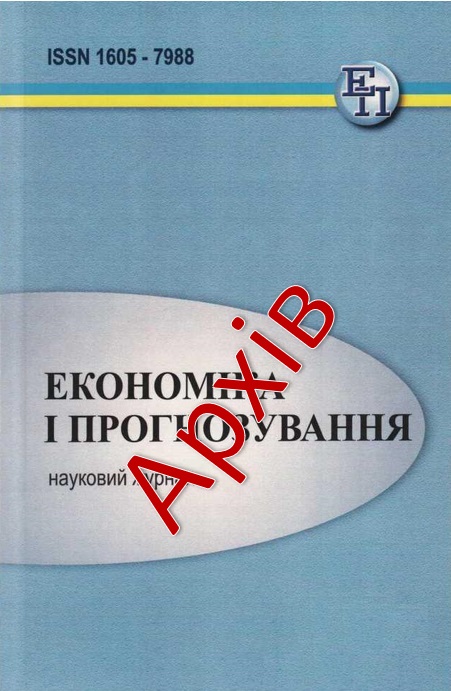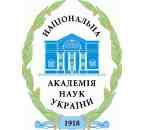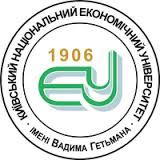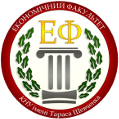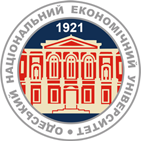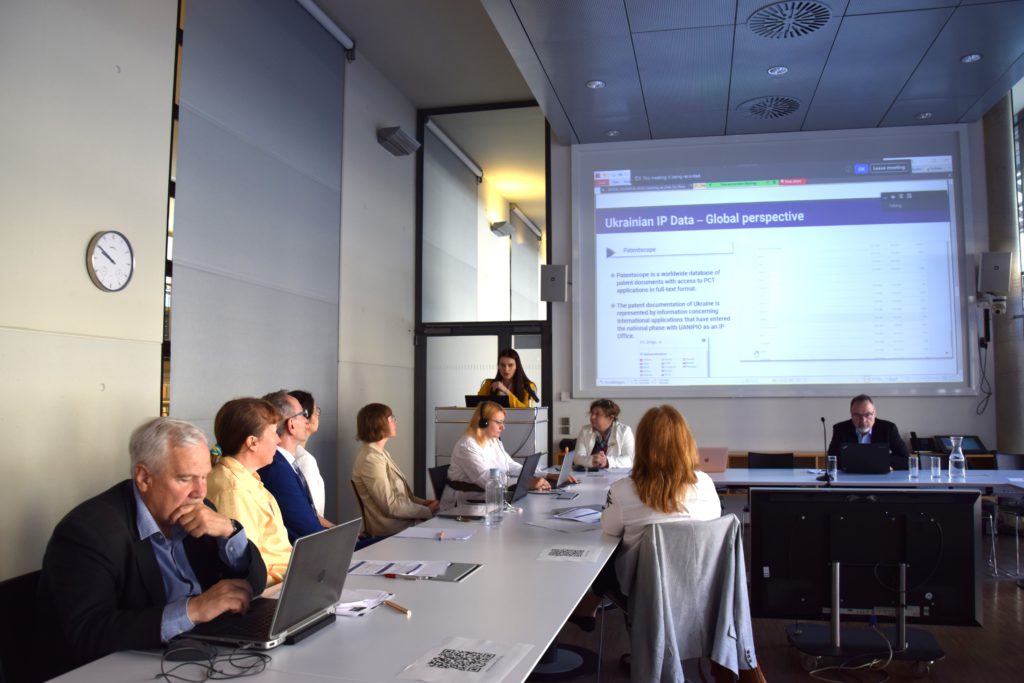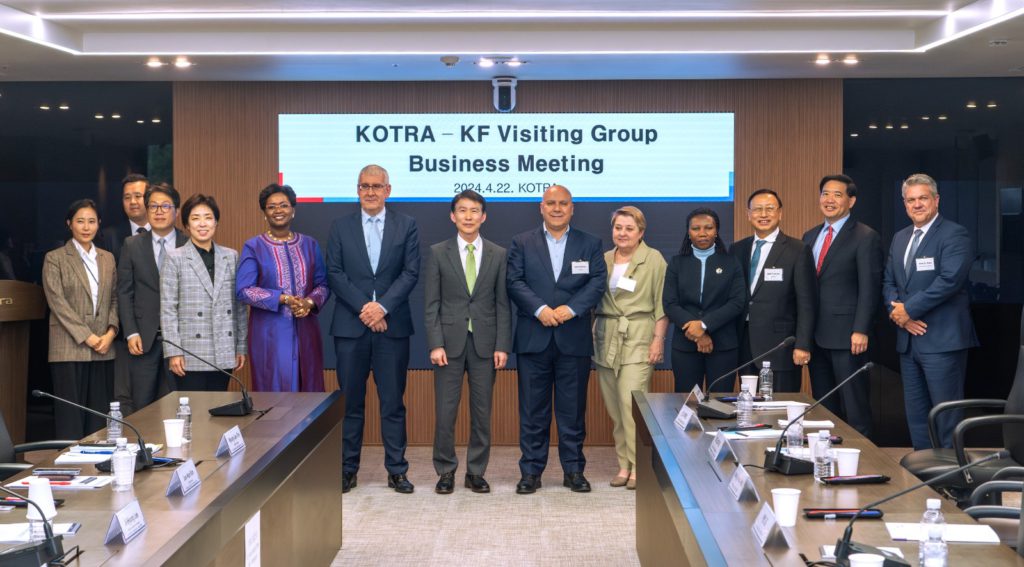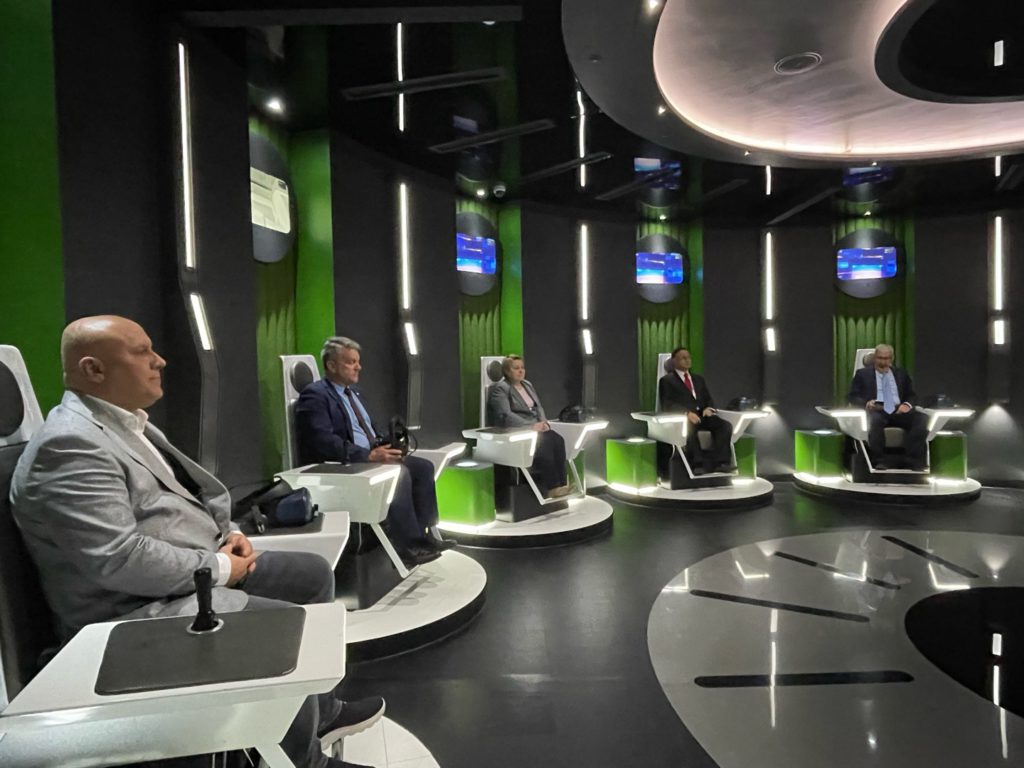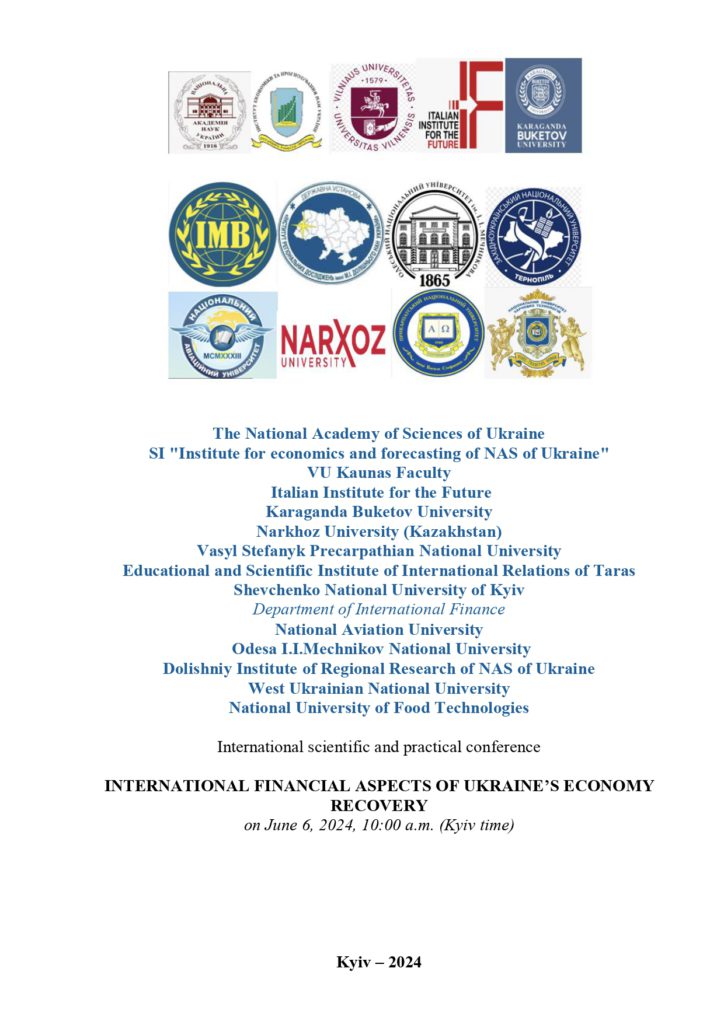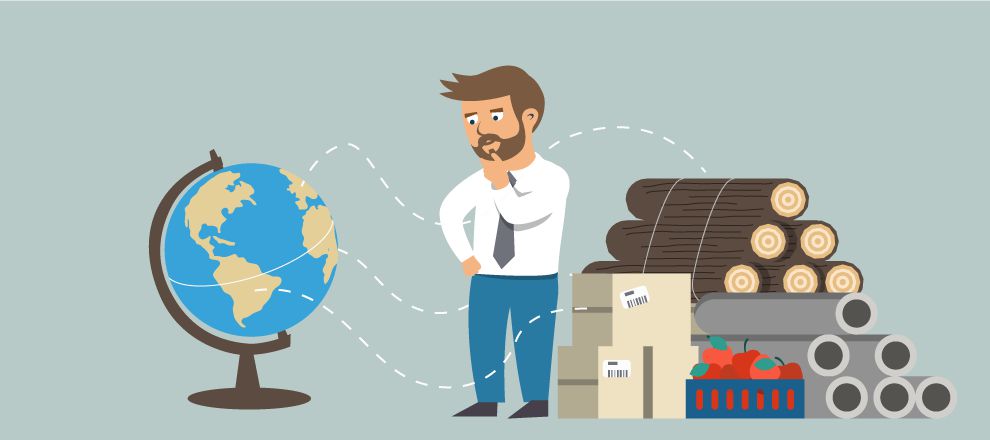On May 27, 2024, the second meeting was held to present the results of the study on the TOP-17 key projects of research institutes for the recovery of Ukraine’s economy. The professional discussion was held in accordance with the work schedule established by the Scientific Discussion Platform at the Ministry of Economy of Ukraine.
During the scientific discussion, the following urgent topics were discussed:
- Scenario forecasting: different volumes of international aid (received / not received) (first stage).
- Introduction of a special taxation regime for producers in defense industry.
- Substitution of imports in public procurement via localization (elevators, cables, road equipment, furniture, light industry).
- Increasing authorized capital of the Export Credit Agency (ECA) for insurance/crediting of export contracts and insuring the investments against military risks (solution: attraction of USD 300+ million).
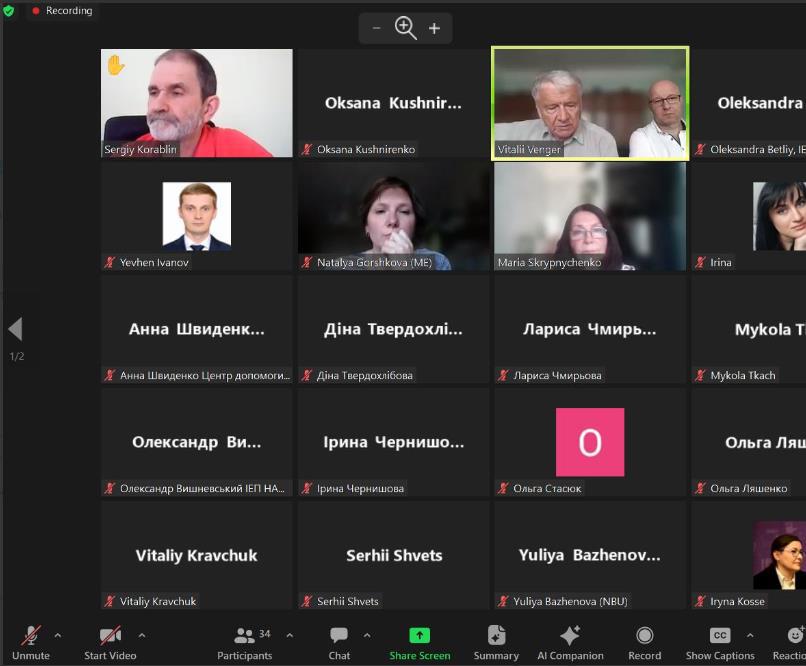
The results of scientific research on the first three points were presented by the departments of Modeling and Forecasting of Economic Development, Public Finance and Industrial Policy of the SO "Institute for Economics and Forecasting of the National Academy of Sciences of Ukraine", those on the fourth one – by the State Research Institute of Digitalization and Modeling of the Economy.
In particular, the Head of the Department of Modeling and Forecasting of Economic Development, Maria SKRYPNYCHENKO, reported on the results of scenario assessments of macroeconomic indicators under various variants of international aid to Ukraine.
Head of the Department of Public Finance, Inna LUNINA presented the results of a scenario assessment of the impact of the introduction of a special taxation regime for defense industry producers on budget indicators and proposals for the introduction of a special taxation regime for producers in the defense-industrial complex via various tax instruments.
Researchers of the Industrial Policy Department - Olena TSYPLITSKA, Oksana KUSHNIRENKO, Olena SNIHOVA, and Maria ZAVHORODNYA identified the problems that prevent Ukrainian industrial producers from winning in public procurement, and proposed various measures to stimulate import substitution for such types of products as elevators, cables, road equipment, furniture, and light industry. products
Based on the research results, all reports included the assessments of the impact of specific projects on key macroeconomic indicators: the country's GDP, employment, budget, balance of payments, etc.
The published scientific results caused a lively discussion among the participants, during which the importance and necessity of their quick practical implementation was emphasized.
The event showed the importance of involving scientists in solving the urgent problems of the recovery and development of Ukraine’s economy in the conditions of military challenges and the effectiveness of establishing an effective dialogue between science, the public and governing bodies.


 English
English Ukrainian
Ukrainian 